Global plastic treaty negotiations risk being derailed by minority opposed to production caps
This week, government negotiators are meeting in Switzerland to try and agree the final details of a global treaty to end plastic pollution, closely watched by lobbyists from across industry and environmental groups.
So far, negotiations have been slowed by a staunch minority coalition of countries whose economies rely heavily on plastics and petrochemicals. They are pushing for the treaty to focus primarily on improving collection and recycling of plastic waste – to prevent it ending up in the environment – without including commitments to reduce production of virgin plastic materials, or to restrict use of certain chemicals within plastic production that increase the hazard posed by plastic during and after its use.
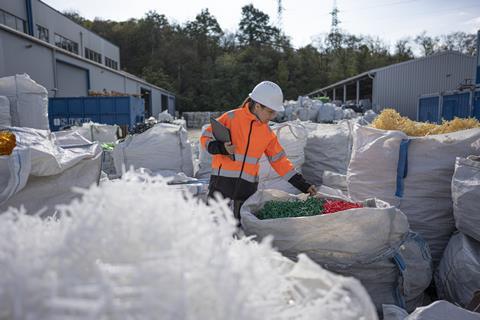
Groups representing the plastics and associated chemicals industries have lobbied hard for a similar focus on waste management and recycling, and strongly resisted efforts to formalise any kind of cap on new plastic production.
As it stands, initiatives to increase levels of plastic recycling have so far had relatively little impact. Collecting, cleaning, separating and processing material for recycling – particularly in ways that yield high-quality materials for food contact or other demanding applications – is expensive, and those costs are relatively fixed. Favourable oil prices and expanding production capacity in Asia and the US mean that virgin plastic is significantly cheaper than recycled material in many cases.
The EU has introduced broad plastic and packaging waste regulations to promote recycling and reduce non-recycled plastic waste. The UK has implemented taxes intended to penalise businesses if their plastic packaging incorporates less than 30% recycled materials.
While this may be achievable in some applications, domestic supplies of suitable recycled materials are limited and expensive compared to virgin plastic. Several UK recycling facilities aiming to produce such materials are facing closure – within the last week, Biffa has said it will close a plant in Sunderland and Viridor will decommission its site in Rochester, Kent, having also stopped recycling at Avonmouth.
Large volumes of UK plastic waste are exported cheaply for processing abroad, but there is little clarity on what proportion of that waste is actually recycled. Likewise, many businesses import materials that purport to include recycled content, but are cheaper than verified UK recyclates. But with relatively little oversight and enforcement, there are suggestions that significant portions of such materials do not meet the criteria to be classed as recycled, and yet are still dodging the UK’s plastic tax.
But if we are ever to reach a more circular plastic economy, there has to be consistent and economic supply and demand for recycled materials. By necessity, that means virgin materials must become more expensive – either by taxation, limiting production or both. As long as virgin plastic is cheap and abundant, recyclates will struggle to compete.





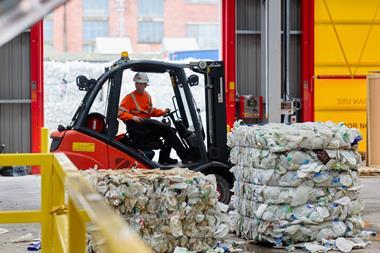
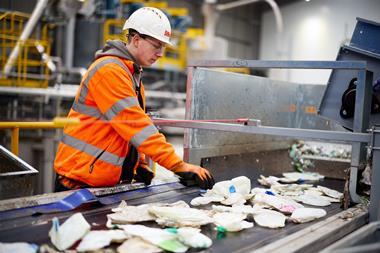

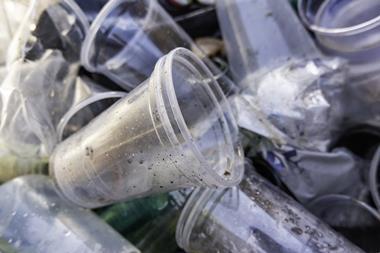

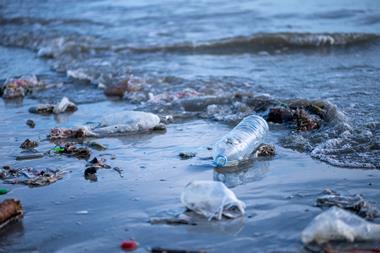






No comments yet